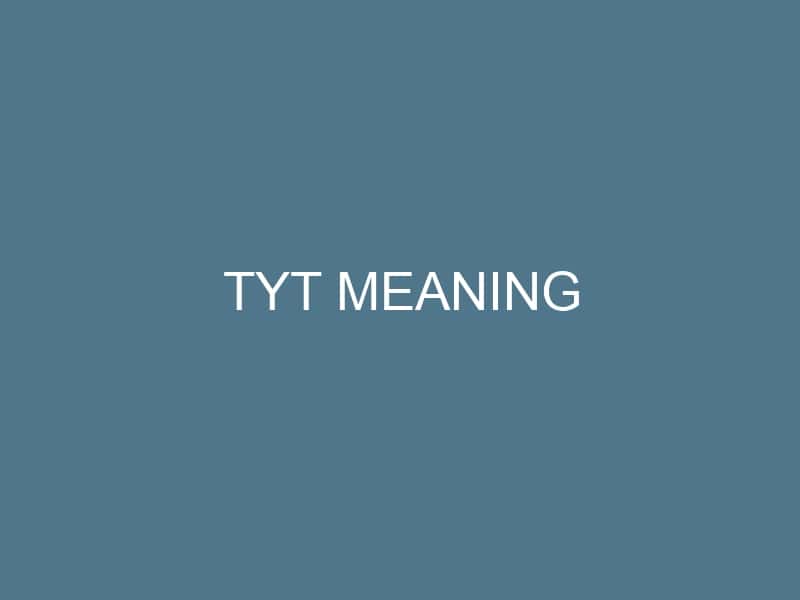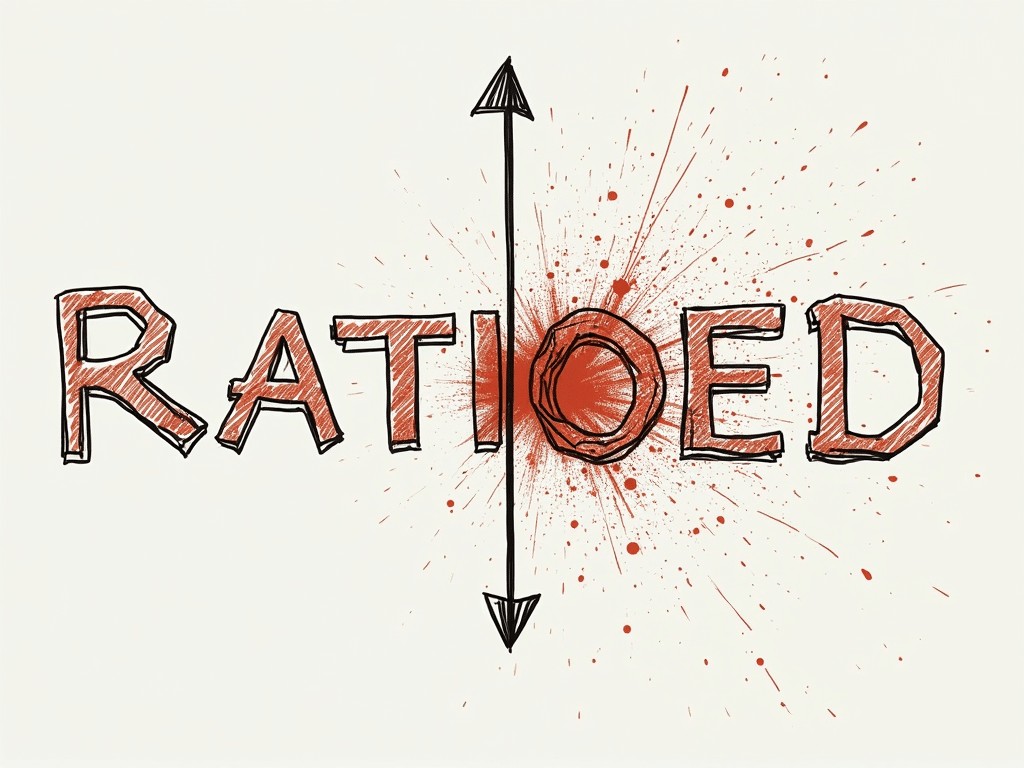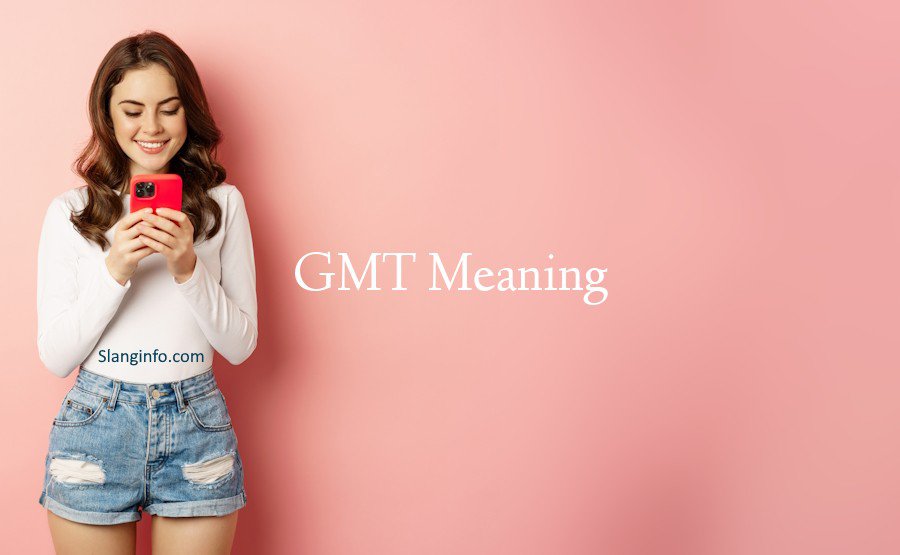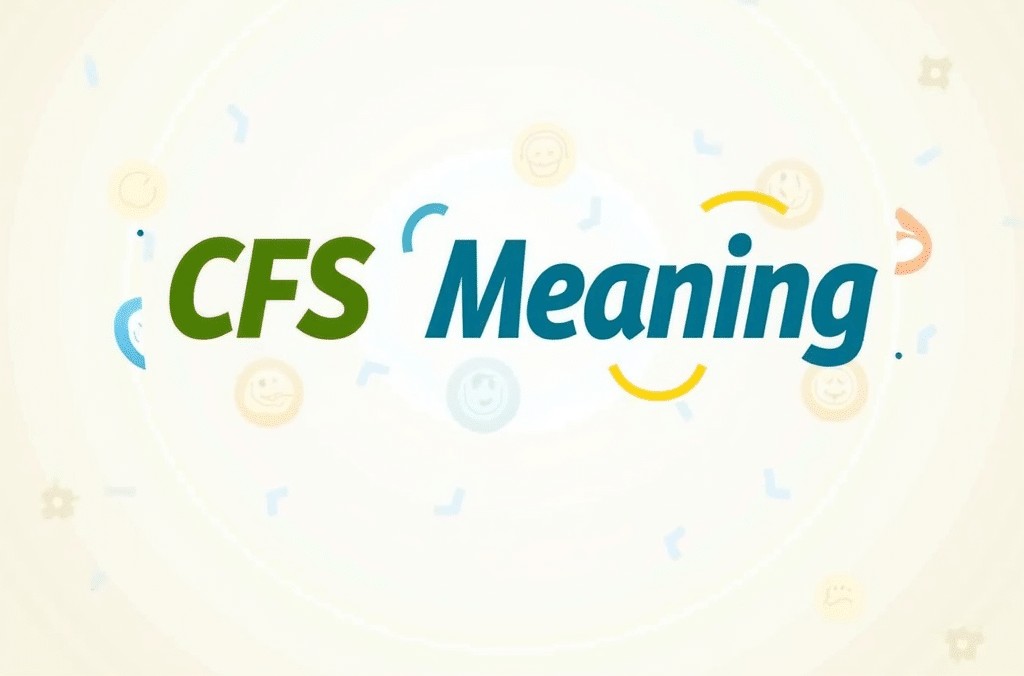Hey there, language lovers and meme-masters! Let’s ride the wave of knowledge and unravel the gem of slang known as “singao.” This Cuba-born term isn’t just a hot buzzword; it’s a cultural lightning bolt packed with spicy emotions and defiance. 🌶️ So buckle up, because we’re diving into a word that packs a punch and carries the weight of protest, humor, and everything in between!
Key Takeaways
– Meaning: A potent Cuban slang term expressing frustration and criticism.
– Usage: Found in everyday conversation, protests, and social media.
– Example: “Don’t be such a singao!” — a casual, yet powerful remark.
Singao Meaning: The Flavor of Cuban Slang
First off, let’s break down what “singao” actually means. Originating from the Cuban Spanish verb “singar,” it might sound a bit risqué, and it is. You wouldn’t toss this word around while sipping café con leche with your abuela! ☕ The way it’s usually used? A strong expression of frustration, critique, or even camaraderie among close friends (rarely). Imagine calling someone out with the power of the sassiest TikToker. That’s “singao” for you!
Cultural Roots and Evolution
“Singao” isn’t just another word; it’s a cultural artifact deeply embedded in Cuban life. Think of it as the backbone of frustration—the voice of the people. In recent years, it’s transitioned from something not-so-polite to a hallmark of protest. You’ll find it buzzing through political discussions and social media movements, much like how “OK Boomer” became a rallying cry for a generation.
Usage Across the Map
Now, let’s examine how “singao” dances across Latin America.
– Cuba: This is where the term shines in its fullest glory, expressing significant frustration and protest.
– Dominican Republic: It’s used too, but with a more casual twist.
– Venezuela and Peru: Here, it emerges with different flavors and meaning, adding to the rich tapestry of Latin slang.
The way “singao” shifts meaning based on where you are is like how “bet” can mean agreement or just mean you’re on board with a meme.
Singao on Social Media
Now, let’s talk digital—how does “singao” navigate the realm of social media? It’s not just an expression; it’s a movement. You’ll find it featured prominently in:
– Twitter: It’s become a snappy way to throw shade or highlight injustices.
– Instagram: People use it in memes that capture everything from politics to day-to-day frustrations—and they nail it with humor!
– TikTok: Here, you’ll see laugh-out-loud skits that embrace its essence and playfully educate viewers.
As hashtags explode and memes proliferate, “singao” has bubbled to the surface like cream on top of café! ☕✨
Real-Life Examples
To illustrate, think about these textual moments:
1. Text to a friend: I can’t believe my boss scheduled a meeting on Friday. What a singao!
– Context: The friend is expressing frustration about something relatable yet absurd—classic millennial behavior. 🤦♀️
2. Twitter Post: When they think they can ignore our protests, they’re just being singao. 💥 #CubaLibre
– Context: A bold statement capturing the essence of social activism where “singao” becomes charged with political weight.
Sensitivity Alert
Alright, let’s pause for a moment. Not every phrase is a free-for-all; “singao” requires a careful hand. At the end of the day, context is key.
– Do Not Use:
– In formal settings.
– Around elders (unless you’re very, very close).
– When unsure of the audience.
– Exercise Caution:
– Discussing politics.
– Among Cuban Americans.
Understanding the political implications behind “singao” is crucial. For some, it’s a mere expression; for others, it’s a battleground term. Know where you stand!
Similar Terms in Other Cultures
It’s always fun to see how different cultures express frustration! Here’s how “singao” stacks up against similar expressions:
– Mexico: “Güey” – a more light-hearted version.
– Spain: “Joder” – carries a bit more weight, strong but not as emotionally charged as “singao.”
– Argentina: “Boludo” – casual yet can pack a punch depending on the context.
The Future of “Singao”
Nothing in language stays static! As time ticks on, “singao” is set to evolve.
– Political Evolution: Expect it to weave deeper into protests and activism.
– Cultural Spread: Non-Cuban speakers are embracing it, making it part of the global slang lexicon!
– Digital Transformation: With hashtags and memes, it’s always on the brink of new meanings.
Staying Culturally Aware
Diving into slang like “singao” is a fun adventure, but a respectful approach is key. Here are some tips:
– Learn the Backstory: It’s all about context; dive into the rich history.
– Listen First: Pay attention to how the term is used by native speakers.
– Respect Its Weight: Acknowledge its significance in contemporary culture.
Conclusion
So, there you have it! “Singao” is far more than a casual expletive—it’s a vibrant piece of Cuba’s identity, showcasing a blend of history, politics, and social change. Whether you’re a language enthusiast or just your everyday TikTok scroller looking for a cultural fix, grasping the essence of “singao” opens a window into modern Cuban life. Remember: consideration is everything!
So, guardians of the slang world, tread lightly. Use your newfound knowledge responsibly, appreciating the cultural significance behind each word. “Singao” shows us that language isn’t just words; it can be a battle cry or a punchline, and isn’t that what makes language so magical? 🌈
For more on slang and cultural terms, don’t miss our treasure trove of articles over at SlangSpace.com! Keep exploring, and happy scrolling! 🌍✨








